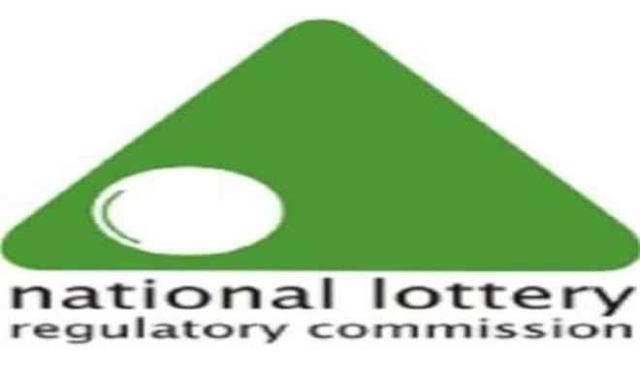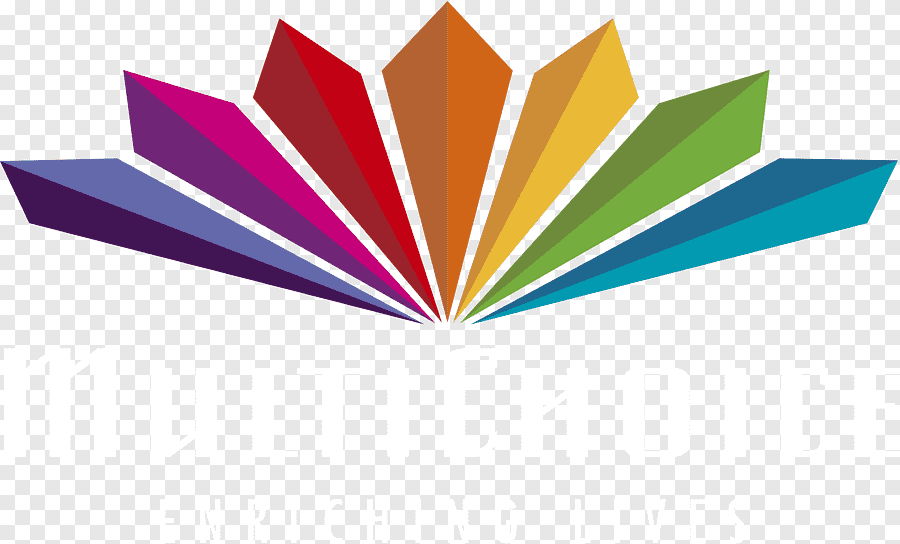Western Lotto Nigeria Limited has reacted to the news of the purported prohibition of foreign lottery games in Nigeria by the National Lottery Regulatory Commission (NLRC), describing it as “ill-advised, counter-productive and null and void.
The company said the lottery commission cannot by a mere pronouncement confer on itself the powers that the enabling Act or the National Assembly did not confer on it; more so when the matter is before the court.
Western Lotto, which recently became the sole rights owners of the Ghana Games in Nigeria, said the action of the Lanre Gbajabiamila-led Commission was “unreasonable and myopic as it was taken not in the interest of the public but that of a tiny clique and mafia in the lottery business in Nigeria who have always manipulated the Commission to do its bidding and continue short-changing the Federal Government of trillions of naira whereas only about N9 billion has been paid as taxes and remittances in twelve years.”
In a statement signed by its General Manager, Mr. Tajudeen Usman, Western Lotto said the Commission does not have the powers to stop stakers and private businesses from patronising foreign lottery games, just as it does not have the powers to stop stakers from betting on the outcomes of foreign leagues.
The statement reads in part, “We strongly believe that the unilateral decision of the National Lottery Regulatory Commission (NLRC) without recourse to the enabling Act and due consultations with stakeholders cannot stand in the face of the law. It is even more so that the Commission took this step after we have joined issues in court over the Ghana Games and other matters related to it.
“The unwholesome decision to stop the sales or promotion of foreign games gives the Commission and its leadership away as supporting the mafia in the gaming industry in order to continue to short-change the Federal Government. It is too obvious and not good for their reputation. They should be an advocates who will join hands with Western Lotto in the campaign to sanitise the gaming industry, recover all the trillions that the Federal Government has been deprived of and return same to the coffers of the Government. But, unfortunately, the reverse is the case. How can the DG be in support of this?
“We recall that when the present Director-General of the Commission held sway at the Lagos State Lottery Board, he issued the state’s licence and vigorously defended it for operators to use it to operate in Lagos State against the national licence. That allowed and still allows operators to play Ghana Games and indoor games with the state’s licence. Other states also took a cue from Lagos State and did the same thing – they issued their own licences. Most lottery operators have licences from the states where they operate without recourse to the national licence.
“You cannot stop other states or stop any operator from using the state licences to sell foreign lotteries, including Ghana games. We had hoped that the Commission will support Western Lotto to bring sanity and proper coordination into the industry by keying into its platform as the sole representatives of the Ghana Games in Nigeria. This will allow you to be able to see and transparently control the sales and help the Federal Government to realise huge revenue as the mafia will not be able to manipulate the system again.”
The company said no law could stop a private company from entering into a contract with another private foreign company in the course of doing its legitimate business.
“We wonder if the enabling Act that the NLRC is relying on to carry out the Machiavellian action prohibits Western Lotto from entering an agreement with LMC VAS Ghana Ltd? No express provision in the Act prohibit a private business from contracting with private foreign business with regards to lawful activities. The provision of the Act permitting Mr. President to enter into agreement other states is discretionary and does not limit the contractual power of a private business from entering into a contract regarding lottery.
“As far as Western Lotto is concerned, these are now Nigerian-based games by reason of the valid acquisition of the intellectual property by a Nigerian licensed entity.”
The firm described as “very suspicious” the time and manner the decision was taken.
“Why was the decision not taken before Western Lotto got the exclusive franchise of the Ghana games? Every industry player knows that the Ghana Games are the most credible. They are the most widely played games in Nigeria for over 20 years and generate between 60 to 70 per cent of the total sales of lottery operators. This action will drastically affect the Federal Government’s revenue while enriching the mafia even more.
“It is true that the Commission has the powers to regulate the industry but can it stop the stakers from playing foreign games, such as Euro Millions, Powerball and the like? Can it also stop the sports betting companies from using the outcome of foreign matches and leagues? If it cannot, how then would it attempt to stop the playing of foreign lotteries in Nigeria, including the Ghana Games?” it asked.
The company also said the issue of credibility of the foreign lottery which was raised by the Commission holds no water, saying that a random sampling of stakers will show that they have more confidence in the results of the foreign lotteries than the indoor games of the respective lottery operators.
“If we may ask: where are the complaints of non-payment of winnings in foreign lotteries in Nigeria? Who are those making the complaints? We wish to invite the EFCC and other relevant agencies of the Federal Government to investigate Commission’s claims on the non-payment of winnings on foreign games. Assuming without conceding that there are complaints, is outright banning of foreign games the solution? Does the Commission not have internal mechanisms for resolving such issues as it did when Bet9ja had issues with the payment of winnings during the 2018 FIFA World Cup?”
Western Lotto said since Nigeria is a Federation where each state has its own lottery board, the NLRC cannot stop operators from selling the lotteries that they have been given licences to sell in the states.
The company wondered why the Commission did not act with the same speed it did in banning the sale and promotion of foreign lotteries when it raised issues of the sharp practices and short-changing of the Federal Government by lottery and sports betting operators.
“It beggars belief why the Commission would want to stifle or kill one operator for the others in a free market economy even when grave allegations of sharp practices with proofs have been supplied against the same operators.”
Western Lotto said it will be in the interest of the Commission, the gaming industry and the general public to reverse the alleged ban on foreign lottery games – in line with the economic and anti-corruption drive of the present administration.

 News6 years ago
News6 years ago
 Featured6 years ago
Featured6 years ago
 Boss Picks6 years ago
Boss Picks6 years ago
 Headline6 years ago
Headline6 years ago
 Headline6 years ago
Headline6 years ago
 Headline5 years ago
Headline5 years ago
 Headline6 years ago
Headline6 years ago
 Headline6 years ago
Headline6 years ago














